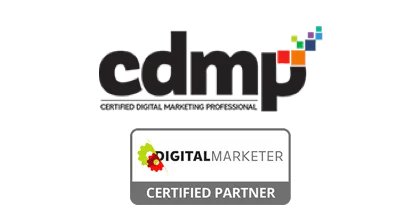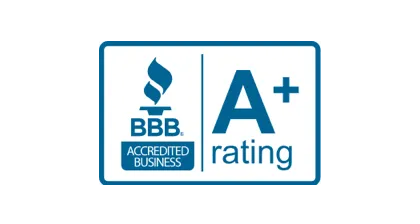
What is Metadata?
To put it into the simplest terms possible, metadata is, essentially, data that describes other data. Every piece of content, every item, every image on the web has a cache of metadata that describes its size as well as various other identifying aspects.
There are three basic types of metadata:
- Descriptive metadata tells us about the author/creator, the title, a description of the content, and keywords.
- Structural metadata tells us how complex objects are arranged or ordered on a page or a website.
- Administrative metadata gives us information as to how and when an item was created (such as the date, location, and camera type when we’re talking about an image), the file type, and who can access it.
Meta descriptions are used to describe what is contained on the page – and this is what the search engines pick up. When a web user enters a search phrase into Google, Bing, or Yahoo!, the search engine will access this metadata to deliver results that best match the search query.
Web pages contain metadata in the background in the form of meta tags. Tags are elements of metadata, though not all metadata is meta tags. Invisible to your site visitors, you configure your webpages with meta tags so that search engine crawlers will read and recognize them.
How and why metadata helps your SEO efforts
If you do business on the internet, metadata should always be a key area of focus. While it is largely invisible to your site’s visitors, metadata is important because it demonstrates relevance to the search engines – which is what will drive more organic (unpaid) traffic to your door.
But not all metadata is helpful for SEO. In terms of SEO, these are the types of metadata you ought to be looking at:
1. Keywords
Keywords are a type of metadata. Apply well-researched keywords that are relevant to your niche on every page. The same keywords or phrases should not be applied to multiple pages as it will have a negative effect on your site’s SEO.
2. Meta description
Each page on your site should have a unique meta description. Ideally, it should be about 160 characters (including spaces) and should be a brief summary of what can be found on the page. Having a good and concise meta description may make all the difference in terms of whether a searcher clicks on your link or your competitor’s.
3. Meta title
Meta titles is a short page title, but it is not your URL. It can contain keywords and even your company name, but it should be kept to 60 characters or less (including spaces). Each page should have its own meta title as this is something the search engines rely on to determine relevance.
Applying metadata to your SEO strategy is easy. Most CMS platforms, like WordPress, do the bulk of the work for you. They provide the space for you to enter the appropriate tags and they automatically format it so the search engines will pick them up. It’s a very basic aspect of SEO that you can and should control.
If you would like to learn more about metadata and how it can help your SEO, reach out today. Our team of Google certified partners is always happy to help!






